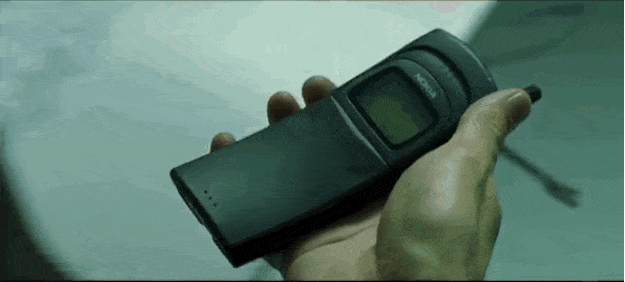During my very first programming job I was given, late in the day, a unit which gathered user data. It stored this data in CSV plain text and according to the manual you were to FTP into the unit and retrieve the file.
I had an FTP client, I had an FTP implementation (in Dephi) and neither could connect to the device, standard FTP commands didn't work, they just didn't work.
We could confirm it had an IP Address, see the device within the DHCP list and indeed we could ping it, so it was responding to ICMP, but no matter what the FTP client, as described in their manual, would not connect.
A TFTP client similarly could not.
We had no internet, so after going home that evening, on my own initiative I downloaded three more FTP clients and even downloaded an FTP class for the C++ IDE we could use "Borland C++ for Windows".
In the morning I tried all of these, nothing, nada, naught.
I went to get another from the pile of 30 of these we had sat with customers waiting, nada.
I plugged away at this for a week and in the end arranged for an engineer from the vendor to come see us; the chap came, he had a peek and a poke at my code, saw nothing wrong, tried this test routines, they all ran... so we were at an impasse.
Nothing we tried worked except their test routines, so I of course wanted the code to their test routines.
They were very reticent to deliver it but after a lot of prodding and some negotiation over lunch it was agreed that their own engineer could receive the code, look at it on my machine, even copy and paste a few critical parts and get us up and running with connect, disconnect and that would be it, we could then have to do all the other commands, but their engineer would sit there whilst I did at least "list".
No internet, so I took this engineer to my home address (luckily within walking distance of the office) and over my modem (yes, I'm that old) we downloaded this code to a floppy disk (yes, I'm truly that old).
We headed back to the office, set up and opened the code next to my IDE window, their code was in C, so I would have to transliterate it into Delphi later, but whilst he was present we stuck with the C code, he called his programmer and the chap confirmed it should build in Borland C for DOS. Which I had.
Sure enough their code seemed to compile fine and it ran in debug and connected, did a list and pulled all the files off the device, deleting them after.
Their engineer did this, then he looked at the code, and he smiled, and stared at the code, then smiled at me. Remember we've wasted my time, his time, like a week in total here.
He consulted their own operators manual, looked at the bottom of the device, smiled again, then picked up the phone.
"Is there another version of this model?"
<squiggly reply on 1998 Motorola Razor>
"Sure, sure, but is there another version?"
<Squiggly voice>
"Right, right, can you send that?"
<Loud squiggly voice>
"Yes"
<Squiggly no>
"Yes"
And he hung up.
"Sorry gentlemen, he was addressing me and my boss, but ah... it would seem you've got the wrong device".
And he arranged for them all to be collected and returned without explaining himself, he personally returned with another unit, which to me looked identical and this worked instantly.
I have never found out quite what the issue was, but the next morning 29 more of these boxes arrived and we could deliver to our downstream clients the next week.

No comments:
Post a Comment